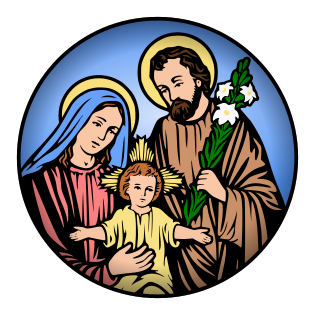Language is a method is human communication, spoken or written, consisting of the use of words in a structured and conventional way. Language uses sounds and symbols to communicate to one another. We are taught that it has 7 functions … to express needs; to tell us what to do; to form relationships; discover something new; its personal; imaginative; representational. In all these ways, people communicate. And there is a bit more … that which is being communicated … passion, sincerity, guilt, love, and forgiveness … there is an attitude, an underlying motivation – good or bad – that moves a person to speak.
So, it is interesting to me that in the second reading St. Paul wrote: “no one can say Jesus is Lord except by the Holy Spirit.” For the Jews, lets remember, the name of God – the Divine Name, YHWH – was not to be spoken. So, they came up with other names – Adonai in Hebrew; Kurios in Greek both meaning ‘Lord’. This is precisely why the Jewish leaders were so upset with Jesus when He identified Himself as “I AM” – YHWH … because only God has the authority to do so … to speak the Divine Name. So, what is St. Paul saying – “no one can say Jesus is Lord except by the Holy Spirit”? Namely, that it is only under God’s directive, under His influence are we able to speak, to communicate His name. He is saying that first, God has to communicate Himself to us and in us … He has to be in us … when He – God – dwells in us only then can we speak His Divine Name …
What is the mode of communication, then, that Jesus uses – what is the language – to communicate … lets remember language is a method of human communication. We are talking about here a divine method – via the Sacraments of the Church, albeit using human language, signs, symbols, gestures yet the sacraments speak God to us, they communicate Him to us and IN us. This is the divine method used by our Lord to get into us … for relationship, where we discover Him, tell Him our needs, He tells us what to do and how to live … its personal, imaginative, representative of Himself … and thus, communicates God to us. Think about this in relation, especially, to the Eucharist – we literally take God into us … or Confession – we literally receive divine forgiveness. He gets into us.
This is why St. Paul can rightly assert: “no one can say Jesus is Lord except by the Holy Spirit” because by this we speak of the God who dwells in us by way of the language of the Sacraments. And thus, when we utter His name we do so with belief, with passion, with love. And here is the other piece of this puzzle – this language also has to be received with an openness of heart, mind and will … this is the open door. That is when the fire of the Spirit is lit within us and is able to be spread …
Can you speak these words then, with this confidence … with a fire in your heart, a passion for God – with a love that can only be described as divine … or Godly. For in this way is that fire spread to those whom we encounter each day … all in one simple phrase – Jesus is Lord.
Come Holy Spirit, fill the hearts of Your faithful. Enkindle in them the fire of Your love. Send forth Your Spirit and they shall be created. And You shall renew the face of the earth. Amen.
